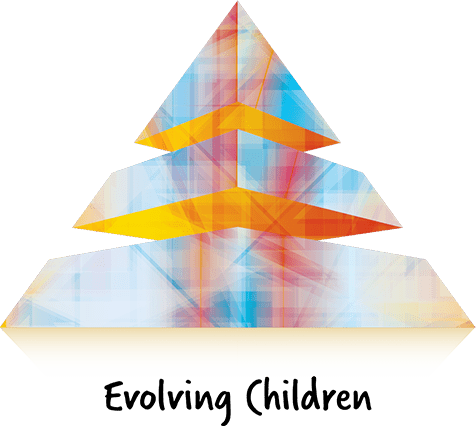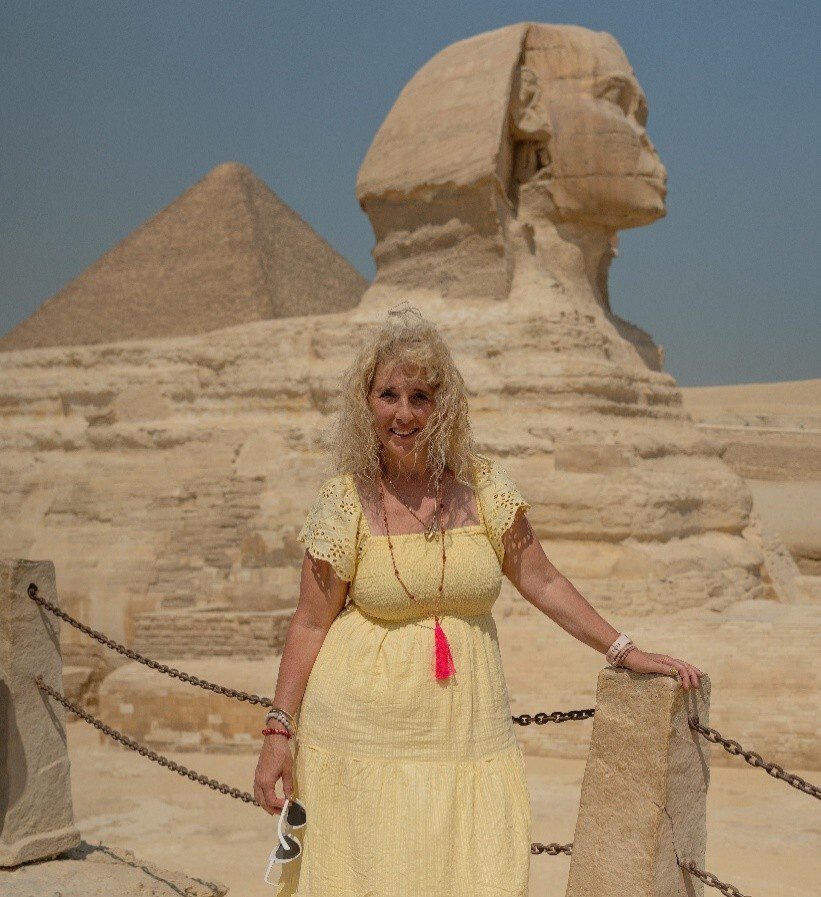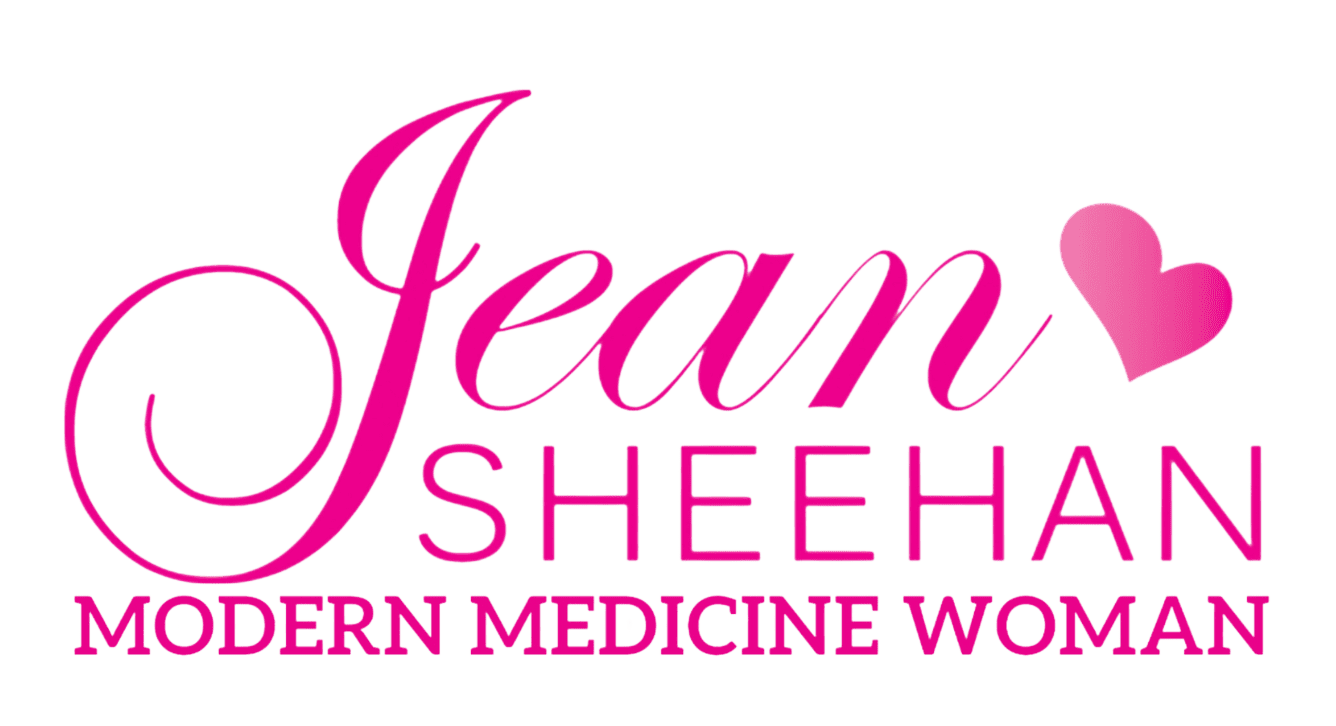
Are labels Empowering For Children
It is with sheer delight I introduce you to Caryn Skeen who is a qualified Millennium Modality® – Medical Intuition Practitioner, Modules I, II, III, IV, VI. She has shared her wisdom through the following article. My intention of having certified Practitioners share their insights is so we have a holistic approach to Medical Intuition, health and happiness. Enjoy and thank you Caryn)
In my line of chosen work ‘Mental Health & well-being’ I come across many labels. I am not against them and use them myself all the time in my work, especially with children and families, because of our limited language and it does save time explaining things. One matter I am constantly challenged by is the overuse of drugs for children, after taking ‘normal’ childish behaviour and turning its simple label into a disease. It is for this reason I feel compelled to write and share this article with you.
As a ‘practitioner’ (labelling myself) I am passionate about family’s well-being and assisting families and individuals in remembering who they are, that they CAN do this, I remind them that all they need they have to draw upon is within themselves. My aim is to peel off the Label!!!!
What is Child Mental Health?
Child Mental Health is also Child’s mental wellbeing, which of course impacts their overall wellbeing. Their confidence, self-esteem and the way they see themselves impacts greatly on how they see the world and how they walk in this world
It is the way they think and feel about themselves and what is going on around them, how they cope with the stresses of life, which affects their sense of wellbeing as well as their physical health. Its 3 origins include the brain – the thinking centre, the heart – feeling centre and their SPIRITUAL centre.
The fact is that mental health and wellbeing is impacted by physical, emotional and spiritual health just as our physical health and wellbeing is impacted by our mental, emotional and spiritual health. We break ourselves down to physical, mental, emotional and spiritual beings in order to simplify as we communicate these aspects and likewise we label for the same reason. We know we are whole and these are parts. When we label we can sometimes forget that it is a part and not the whole. Imagine what that might be like for children?
What is ‘Good’ Mental Health?
We all have mental health. Good mental health is vital for learning and better equips us for life’s challenges. Having good mental health does not mean never having worries or feelings of distress. We all go through ups and downs which can affect the way they feel and behave. Feeling worried, sad, frustrated or angry are all normal emotions. Mentally healthy children are able to use positive coping skills appropriate to their age to manage feelings and deal with difficulties. They develop helpful coping skills as part of their healthy development and are not held back by emotional or behavioural issues.
Therefore GOOD MENTAL HEALTH assists the person in dealing with adversity and challenges.
Labels – Good, Bad, both or neither?
Labels were introduced to speed up the identification/assessment of a person’s condition with a view of rolling out a coverall solution with expediency, giving the practitioner time to move onto the next person. They were also used for giving names to “conditions” so as to be recorded medically and thus advised to be medicated.
Unfortunately, without thorough investigation and diagnosis, people’s conditions are often masked and therefore medically LABELLED incorrectly.
Something to consider with regards to labelling is the differences between medical labelling and societal labelling. One seeks to ‘fix’ and possibly medicate, the other seeks to understand and accept, to create or allow a space for it. If necessary it can be treated or addressed or accepted. As parents we may find ourselves using a medical label to define behaviour rather than a diagnosed issue. This can be unhelpful to all.
Labels come in many forms, as adults we use them to describe ourselves, our job, our health – mental, emotional, physical & disease. We use labels and name calling because it’s quick and easy, we have limited language and it saves a lot of time explaining things.
- We label things – for example colours” I like the blue sky” there are so many shades of blue, what blue are you talking about? For those in the graphics industry they use numbers, for example blue = 123
- We label situations – for example when something is unbearable, the brain converts this to fear.
- We label emotions and when this happens they became thoughts – positive or negative. If you think about something enough, you then start to feel it, then that something will happen.
- We label ourselves – by our role, our jobs; mother, father, sister, uncle, friend, doctors, psychologists, counsellor, life coach, boss, manager, tax accountant.
- We label our children – introvert, ADD, ASD, slow learner, immunised, stubborn, difficult, anxious, depressed and many more mental & emotional health and dis-ease labels.
We know we are more than this and to believe that we are simply our job title or even our roles in life would be vastly limiting, wouldn’t it?
Then there is labelling our state of being or something we have such as depression, stress, addiction, cancer, autoimmune disease, heart attack and the list goes on. We soon became attached to our diagnosis / label and start living by it!
When children are given a label, they don’t question it, whether the label or name is positive or negative. Children are unable to see the good labels sticking out from the harmful labels. In fact most adults can’t either and that’s because no one teaches us this growing up. So question the labels you are given too!
Whether labels are seen as good or bad, it is how they are used which makes them either harmful or helpful.
Learning to rename/re-label in a positive light.
As parents and adults it is important to learn the skill of renaming negative labels put on children. Over the years I have worked with labels such as: ADD, ASD, ‘dumb’, ‘4 eyes’, stressed, anxious and other mental health/illness labels. When we strip off the label and see what’s underneath, we see our children’s amazing, wonderful talents and abilities. I love it when the label becomes a talent, no longer a weird behaviour but creative, no longer stupid, but unique. Labels can also restrict us as parents and certainly restrict our children – they can put us in a box that says to society that we can’t cope with our child’s behaviour, or they are simple excuses for behaviour OR this is ‘all’ we are, and will be.
For every negative label, there is a positive counter label. Children don’t have the language or cognitive ability to say: “I’m not lazy I just think carefully about my answers and take my time” my daughter: “there is no problem with my choice of clothes, I’m simply creative” or here’s mine: “I’m not a procrastinator; I’m very particular and would rather think things through before I do things and is s/he stubborn or are they persistent?
How we can honour ourselves and our children whilst still using labels?
By being mindful as to whether we are over- identifying with labels we choose for ourselves and others as well as for them. Asking ourselves questions such as how does our child identify with them? Is it creating an acceptance or is it limiting, or both?
We can use them to inspire and cultivate curiosity by asking “How do we work within this world?” “What are our strengths?” “What are the things we are challenged by?” “What can we do to make it easier?” “What do we need to develop in ourselves to counter a difficulty we have?” This is an empowering exercise and inspires self-awareness, self-acceptance and an enjoyment in learning about ourselves and each other, whilst celebrating our differences and in our sameness.
Parenting is incredibly hard work and parents are often faced with situations where it is difficult to know what to do. No matter how clever, organised, prepared or caring we are, parenting will test our patience, resources, and will. That much dreamed of baby fills you with joy and as you promised to give your child the world, you question your ability to fulfil that dream. As parents our ultimate goal is to raise children in a way that helps them blossom. We want them to enjoy meaningful relationships, be caring and compassionate, do well in school, work hard and be responsible, and feel good about who they are. Realising that we are a work in progress as are our children. Realising that we don’t have to know exactly what to do and remembering that a huge part of being a parent is working that out, is learning about ourselves and learning about our children. This not only helps both us and them it also makes the journey so much more empowering and enjoyable.
Always remember that we are not our labels and that they are merely tools to express and communicate. A label can make things easier but it is key to remember that our children are more than that, that we are more than that.
There are no labels except the ones we create!



